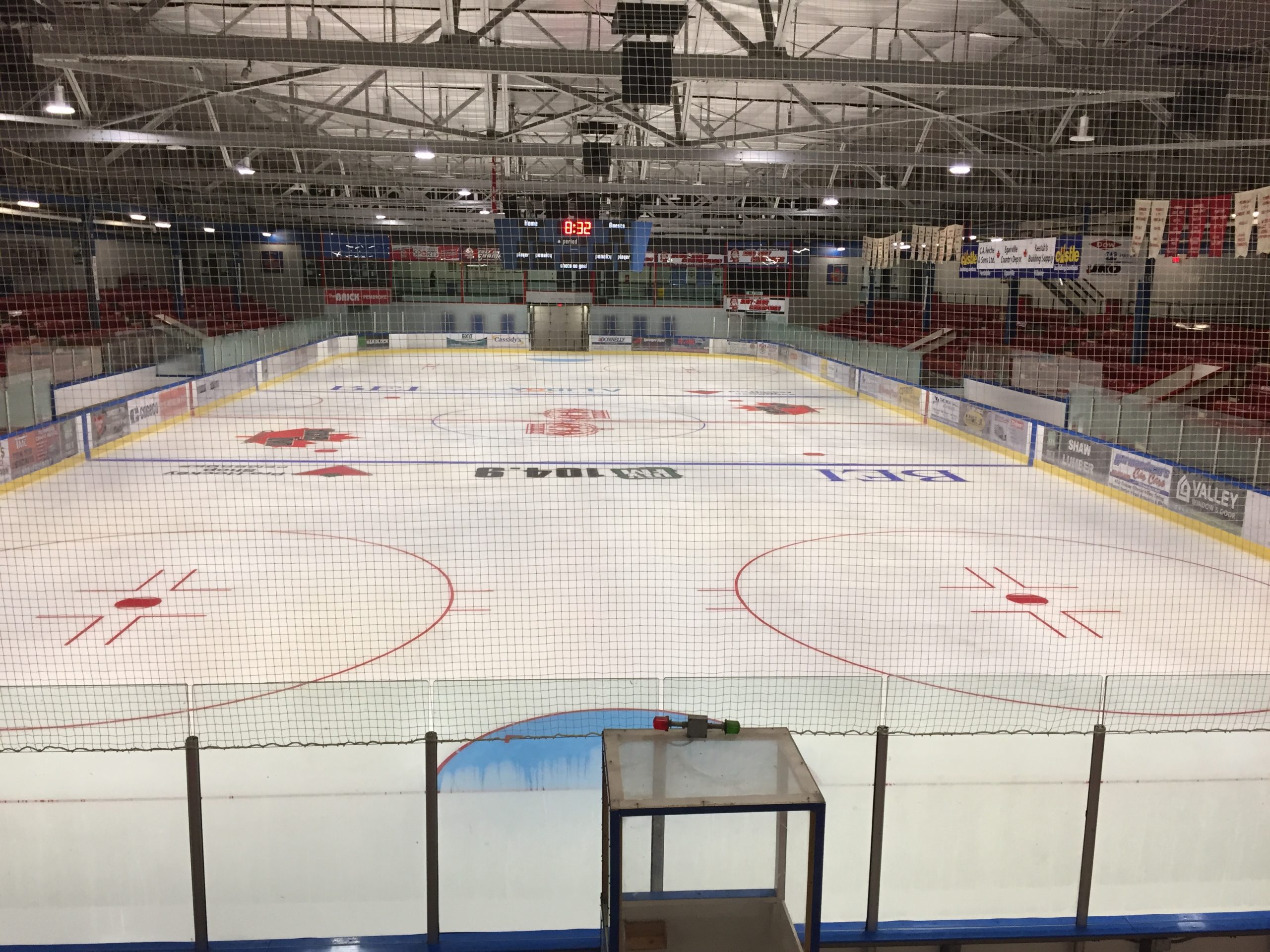It feels so surreal. A week ago the Pembroke Lumber Kings were wrapping up their regular season with a gritty 4-3 win over the Rockland Nationals, a statement game as the two teams knew they were about to meet in the first round of the Central Canada Hockey League playoffs. Four days later, as the Kings bus rolled into the parking lot at the Jean-Marc Lalonde Arena in Rockland and the players began to unload their equipment, news came that game one in the series had been cancelled. The CCHL had suspended play as a response to the emerging Caronavirus outbreak.
It was not an unexpected announcement. The previous evening the National Basketball Association had disclosed that a NBA player had tested positive for the virus, prompting the basketball league to suspend its regular season for a minimum of 30 days. it was anticipated that other sports leagues would follow the NBA’s lead. The National Hockey League did indeed pause its regular season and playoffs and Major League Baseball and Major League Soccer also delayed the start of their respective regular seasons.
So did hockey’s major junior leagues and when Hockey Canada announced it was cancelling all of its sponsored events, including the Centennial Cup, the national junior A hockey championship, it seemed inevitable that for the first time in the almost 60 year history of the CCHL, there would be no champion this season. On Friday, March 13 that was made official through an announcement by the Canadian Junior Hockey League, the overarching body that helps govern all of the junior A leagues in the country. The season was over.
There is no question that suspending play was the right decision, but it doesn’t take away the sting for the players, particularly those who were in their last season of junior eligibility. The Lumber Kings had six players in that situation-team captain Jacob Shankar, Anthony Urbisci, Blair Battochio, Nicolas Guillemette, Andrew Poulias and Sam Allison. Lumber Kings owner and head coach, Alex Armstrong, said it best, “My heart goes out to all of the players for a heartbreaking end of the season.”

Heartbreaking for sure. An unprecedented ending to a season that can only be compared to the 1919 outbreak of the Spanish flu which forced the Montreal Canadiens and Seattle Metropolitans to abandon the Stanley Cup Final. The two teams had split the first five games in the series, each winning twice and tying a game, setting up a decisive sixth game on April 1, 1919. Prior to the contest, several players on the Canadiens roster became ill, and the series was postponed without the championship trophy being awarded.
The Spanish flu pandemic effected millions of people around the world, including Canadiens’ player Joe Hall, who died four days after the championship series was cancelled. That epidemic lasted almost three years and had devastating consequences.
Certainly, we know much more now than was known some 100 years ago when the last major global pandemic struck. Governments and public health departments have been active in offering advice to all businesses and organizations on how to quell the spread of the virus. The cancellation of the CCHL playoffs is an example of the league taking care of its players, team officials, fans and the general public.
Empty arenas throughout the country seem so strange to a hockey crazy nation, but so is this whole COVID-19 public health crisis. None of us have ever been here before. Yes, we are disappointed for the players and coaches who live for the drama of playoff hockey and won’t have the opportunity to compete for a championship this spring, but in the final analysis, the only choice was to shutdown the season.
At the end of the day, hockey is still just a game.
















